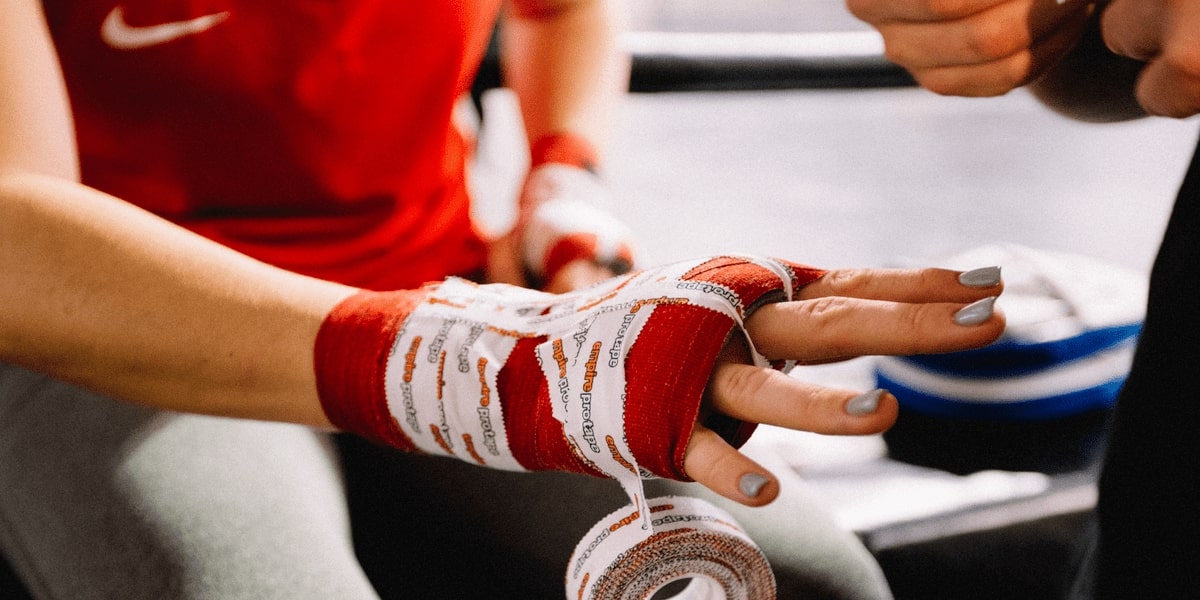Sports Pharmacology

Sports Pharmacology
Abuse of substances or methods to enhance the performance is becoming very common in the sports, which often destroys the spirit of competition. The regulatory bodies for sports have reported rates ranging from 5% to 31% for the use of performance-enhancing substances among athletes. Athletes can have serious injuries and morbidities, leading to poor health with the use of such substances. Commonly abused agents in sports include anabolic–androgenic steroids and its analogs, blood doping, erythropoietin, growth hormone and its derivatives, nutritional supplements, creatine, amphetamines, beta-hydroxy-beta-methylbutyrate, stimulants, and analgesics. Health-care professionals need to be careful while prescribing medicines to sportspersons. Knowledge of exercise physiology, pharmacology of the commonly used agents for sports-related injuries, and agents used for doping could help the sportspersons and health-care professionals to avoid the embarrassment arising because of misuse of these agents. Sports pharmacology includes study of the various aspects of the drug use and abuse in sports and treatment of sports-related injuries. Focusing on sports pharmacology in the medical curriculum can help the upcoming health-care professionals to support the sportspersons to improve the quality of their life by using various drugs and other substances within the standardized limits and avoid embarrassment of doping.
Inter-professional learning is essential amongst the health-care professionals to safeguard the sports persons from inadvertent doping. Sports pharmacologists and sport pharmacists can work in collaboration with other health-care professionals to help this cause by communicating the hazards of inadvertent drug abuse in athletes on regular basis. Additionally In addition, such practice of inter-professional collaboration can help in improving the health outcomes. Training on basic principles of teamwork in sports can help health-care professionals regarding possible improvement in strategies and barriers in the optimization of professional collaboration.
Thus, to conclude, health-care professionals with the knowledge of Sports pharmacology act as a facilitator between the doping control agencies and athletes. It benefits the athletes not just by improving their overall health and performance, but also by lowering their chances at getting marked into any kind of doping activities, and accordingly maintains the spirit and integrity of the game. Indian authorities need to consider including this subject in medical curriculum for undergraduates or postgraduates.
Comments
No comments yet. Be the first to comment!
